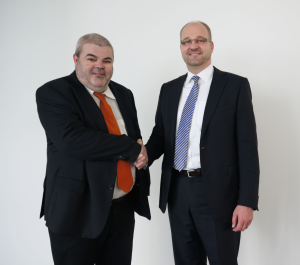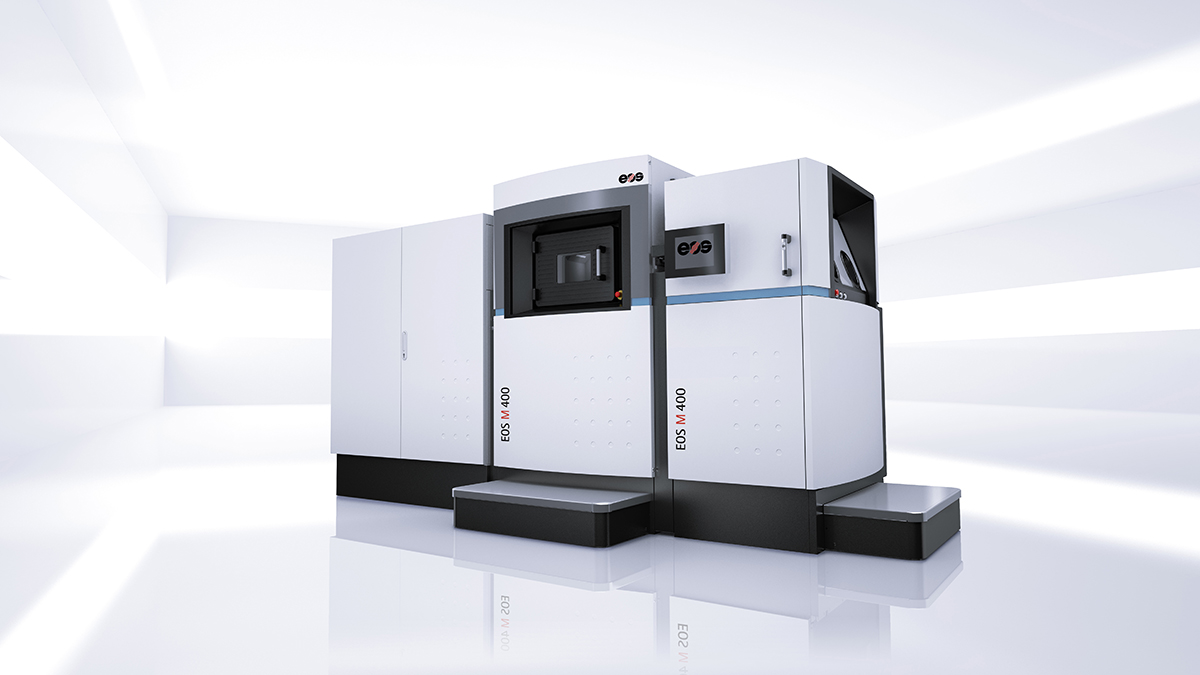It is hard to say how long it will take for 3D printing to become a primary means of production for mass manufacturing. There are lots of opinions and many large companies have been planning and gradually working toward this – which will be the final evolutionary step for the widespread use of industrial 3D printing – for some time now. A recent partnership signed by EOS and plasmo Industrietechnik is one of the most promising moves toward establishing an ever larger use of DMLS technologies in series production.
The partnership is geared towards developing high-performance online monitoring solutions for additive manufacturing processes, which is considered a fundamental requirement to assure standardization of production and thus build more trust in this (relatively) new technology.

EOS is well established in the 3D printing sector. The company has been among the industrial additive manufacturing leaders since it was founded in 1989 and it offers integrated SLS and DMLS systems. Its brand is associated with the high quality of its products. I often find that behind some innovative or amazing looking design and mechanical product is an EOSINT plastic or metal sintering system. The company has customers across the world though it does not always exhibit them.
The other giant involved in this partnership is plasmo — another German company — that specializes in quality assurance and diagnostics systems for the manufacturing industry. It assists and certifies the production processes for very large high tech companies, operating mainly in the US and German naval, automotive and aerospace sectors. It counts Audi, Daimler, Opel, PSA, Suzuki, Volvo and Volkswagen among its customers.
The strength of this collaboration lies in the creation of a knowledge base on risk-control and production costs analyses for those companies that will continue to migrate away from the supply chain. Both partners know the market will advance when there will be total trust, when, finally, risk will be transformed to certain profits.
Despite the development so far, the road ahead is still long. This type of partnership can generate added value by tackling themes of the utmost importance such as profit generation. Many companies are particularly unsure and discouraged in facing changes, especially in light of the premature pace undertaken by globalization, which led to the overproduction crises.
Commenting on the partnership, Dr. Adrian Keppler, Sales and Marketing Director (CMO) at EOS said: “A complete quality assurance chain makes a decisive contribution to boosting trust in a new technology. The decisive factors for our customers on the road towards series manufacturing are reproducible top-quality parts at the lowest costs per part possible. We already offer comprehensive quality assurance processes for our systems upstream and downstream of the manufacturing process. With modular online process monitoring we are extending this quality assurance by a further module and ensuring an even greater transparency during our quite complex building process. At the same time we are making a tool available to our customers, which they can use to build up their own quality assurance concept.”
EOS’ consolidated clients push in toward series manufacturing for producing high quality components that can be reproduced at the lowest possible costs. EOS wants to strengthen its offer with modular process monitoring systems, thus extending an added quality guarantee and more transparency during construction of particularly complex geometries. The two opposite faces of the market, the hesitant and the receptive, are coming together and plasmo will be one of the intermediaries.



